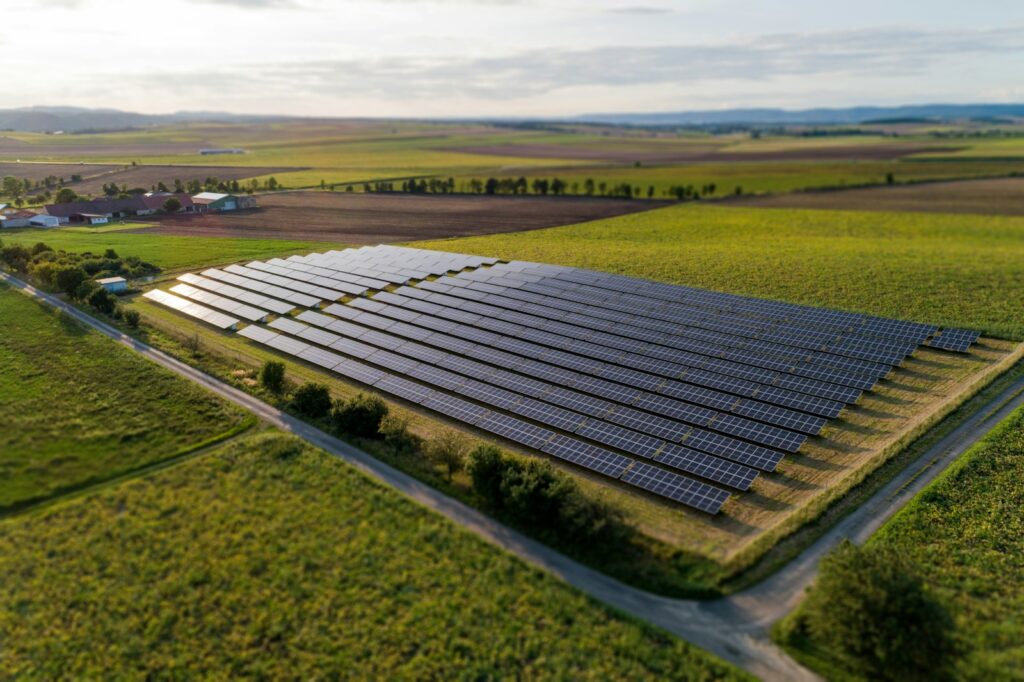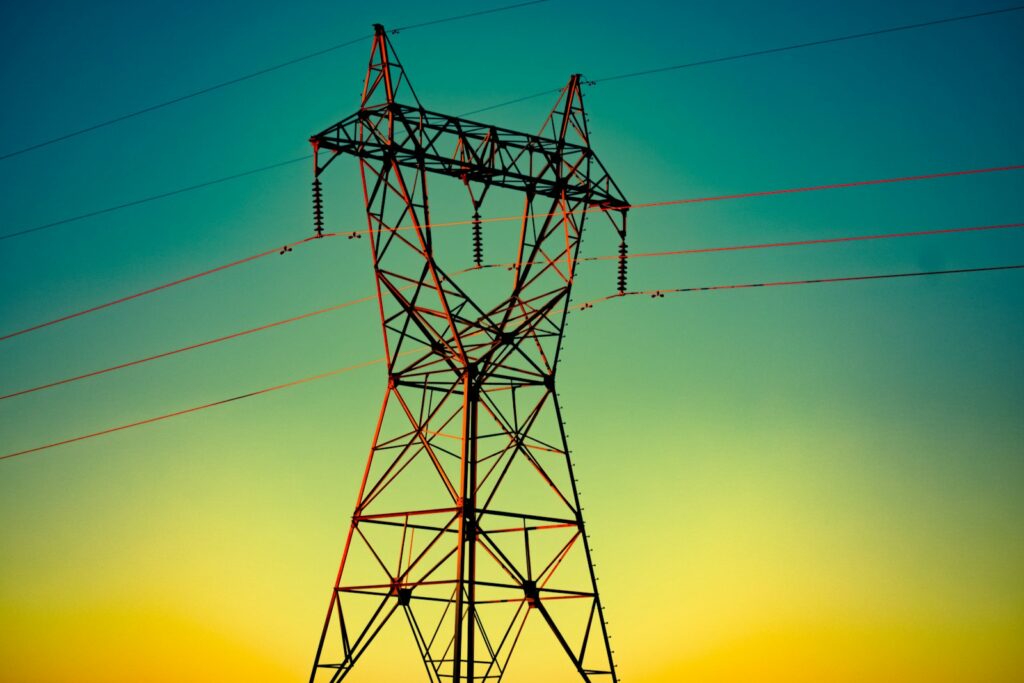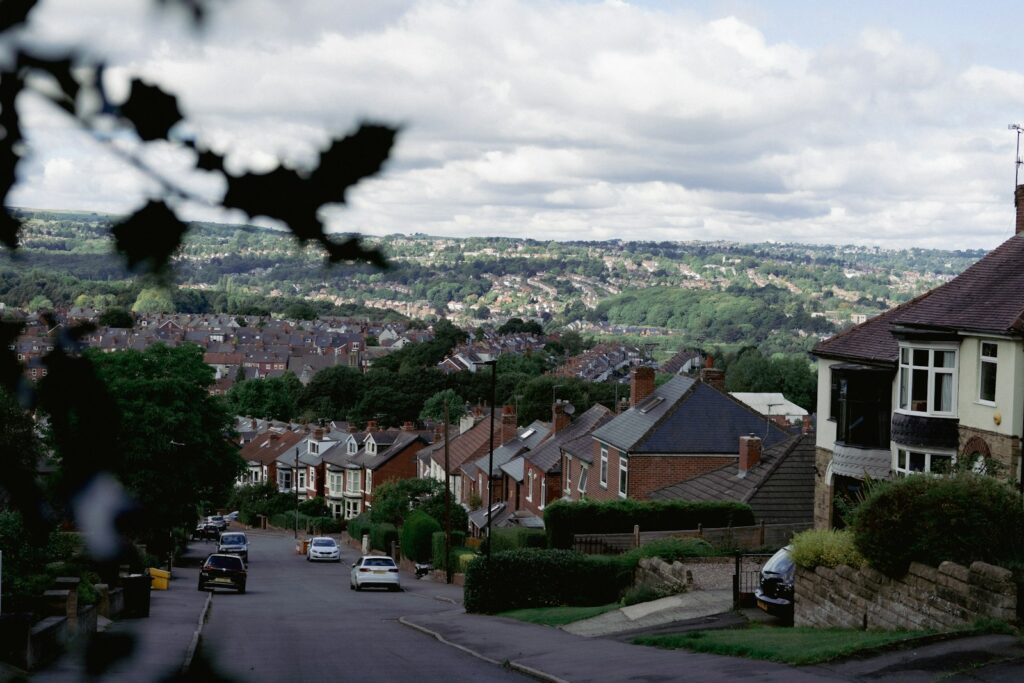A green recovery plan to help the West Midlands recover from the economic impact of COVID-19 has been given the go-ahead.
The strategy sets out how the West Midlands can rebuild its economy in a way that drives green and inclusive growth, so that all the region’s diverse communities and its environment can benefit from the post-COVID-19 recovery.
The WM2041 blueprint, which was approved by the West Midlands Combined Authority board last week, sets out a range of initiatives from small-scale through to potentially region-wide and complex schemes, that will be implemented over different timescales but starting now.
These include:
- retrofitting old and cold homes to make them more energy-efficient and help tackle fuel poverty
- accelerating the transition of the region’s automotive industry to electric vehicles
- rolling out charging infrastructure for electric vehicles at scale
- announcing a green innovation challenge for SMEs to find solutions for some of our climate change challenges
- supporting the growth of green neighbourhoods and natural capital; and
- active transport initiatives, for example, pop-up cycle lanes and widened pavements.
‘The region’s economic recovery from Coronavirus must be green and inclusive, and #WM2041 helps give clear direction of how to achieve this,’ said West Midlands mayor, Andy Street.
‘We now need to come together as a region – including businesses, communities, and local authorities – to make this plan happen and help build a stronger, greener and more inclusive recovery for everyone in the region.’
The combined authority’s portfolio lead for environment and leader of Solihull Metropolitan Borough Council, Cllr Ian Courts, added: ‘The climate crisis has not gone away, and climate change continues to be one of the biggest threats to environment and society.
‘While the COVID-19 pandemic has been hugely disruptive and challenging for many of us it has given us a moment to pause and reflect on what kind of future we want in the West Midlands and what “prosperity” means in not just economic but also social and environmental terms.
‘That’s why this ambitious plan has been drawn up, which would benefit the region on a huge scale.’
Photo Credit – MikesPhotos (Pixabay)
















